Search Results
Showing results 381 to 400 of 956

Fantastic Plastic
Source Institutions
In this activity, learners investigate the properties of plastic bags. Learners find out what happens when they slowly push a pencil through a plastic bag filled with water.

What-a-cycle
Source Institutions
In this activity, learners act as water molecules and travel through parts of the water cycle to discover that it is more complex than just water moving from the ground to the atmosphere.
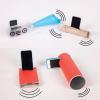
Tune Booster
Source Institutions
In this activity, learners build unique sound enhancing inventions with items from around the house to amplify sound from their smart phone's speakers.
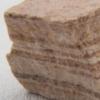
A Crayon Rock Cycle- Sedimentary
Source Institutions
This is part 1 of the three-part "Crayon Rock Cycle" activity. In this activity, learners explore how sedimentary rocks form.

Crystals: Grow Your Own Garden
Source Institutions
In this simple activity (on page 2 of the PDF), learners make a crystal garden using salt, water, and a brick.

Frog Eggs
Source Institutions
In this activity, learners compare frog eggs to chicken eggs to better understand why frog eggs need water. Learners compare a boiled chicken egg to "frog eggs" represented by boiled tapioca.

Audio Memory
Source Institutions
In this interactive game, learners will test their memory of animal and insect sounds. Flip over cards, listen to the sound, and try to find the ones that match.
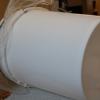
Air Cannon
Source Institutions
In this activity, learners create air cannons out of everyday materials. Learners use their air cannons to investigate air as a force and air pressure.

Vibrating Pennies
Source Institutions
Conduct a simple experiment to explore how temperature changes can make things expand or contract.

Bubble Suspension
Source Institutions
In this activity, learners observe as soap bubbles float on a cushion of carbon dioxide gas. Learners blow bubbles into an aquarium filled with a slab of dry ice.

Static Electricity
Source Institutions
In this activity, learners will explore ways static electricity interacts with the surroundings of an object. The activity has step-by-step instructions in English and Navajo.
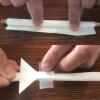
Straw Rockets
Source Institutions
In this activity, learners will create unique rockets. Each rocket will be powered by air as the learner will blow into a straw and watch their rocket fly.
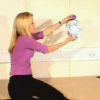
Extra Bounce
Source Institutions
In this indoor or outdoor demonstration, use a large and small ball to illustrate conservation of energy and momentum.

Build a Giant Puzzle!
Source Institutions
In this activity, learners assemble large cubes to make nano-related images. Learners discover how different objects are related to nanoscience and nanotechnology.

Tube Zither
Source Institutions
In this activity, learners explore sound by constructing tube zithers, stringed instruments from Southeast Asia and the South Pacific.
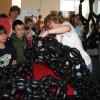
Balloon Nanotubes Tabletop
Source Institutions
This activity introduces learners to the structure and properties of carbon nanotubes.
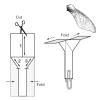
Helicopters
Source Institutions
In this activity, learners will observe how air interacts with a paper helicopter. Learners will test different variables of weight, size, and shape.
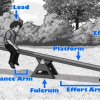
Levers at Play
Source Institutions
In this activity, learners consider how a simple machine, a lever, turns a small push or pull (a small force) into a larger--or stronger--push or pull (a larger force).
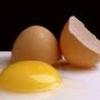
Egg-stra Strength
Source Institutions
In this physics activity, learners will investigate the strength of egg shells.

Aerogel
Source Institutions
This activity/demo introduces learners to aerogel, a glass nanofoam. Learners discover how aerogel is made and how well it insulates as well as learn about aerogel's other unique properties.
